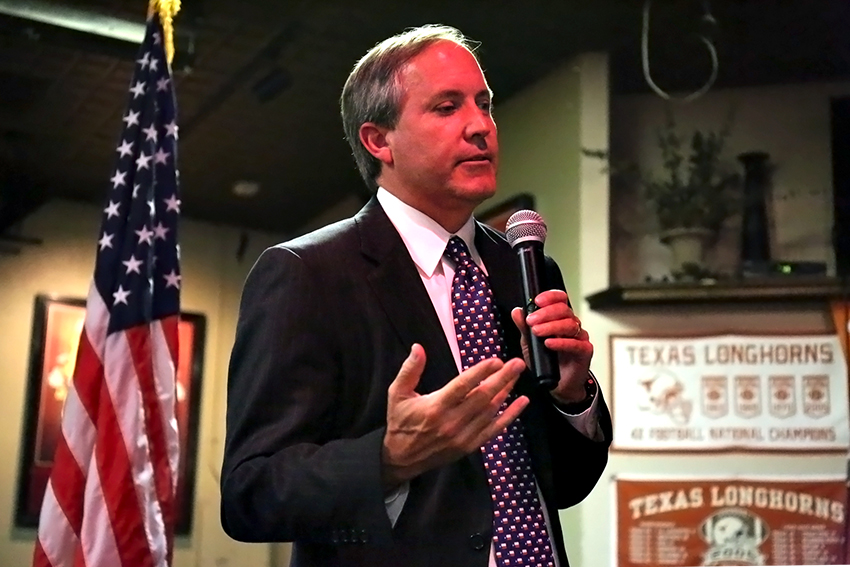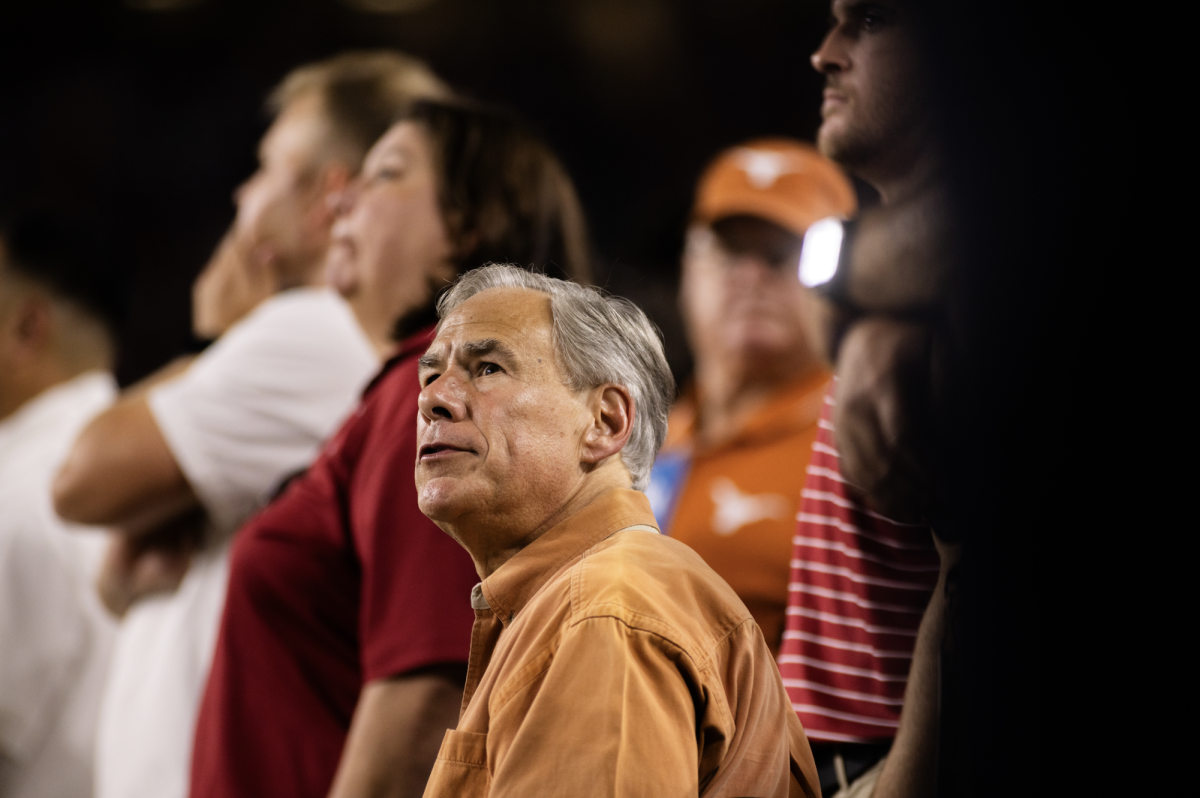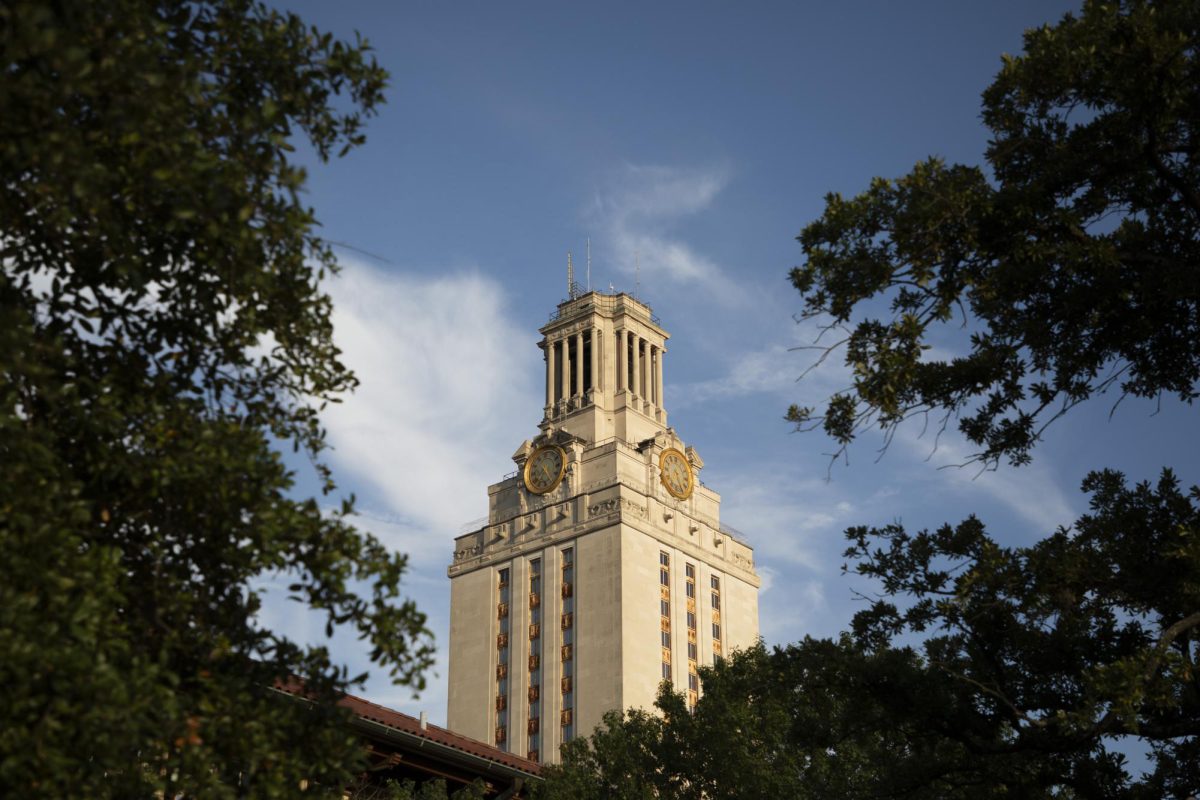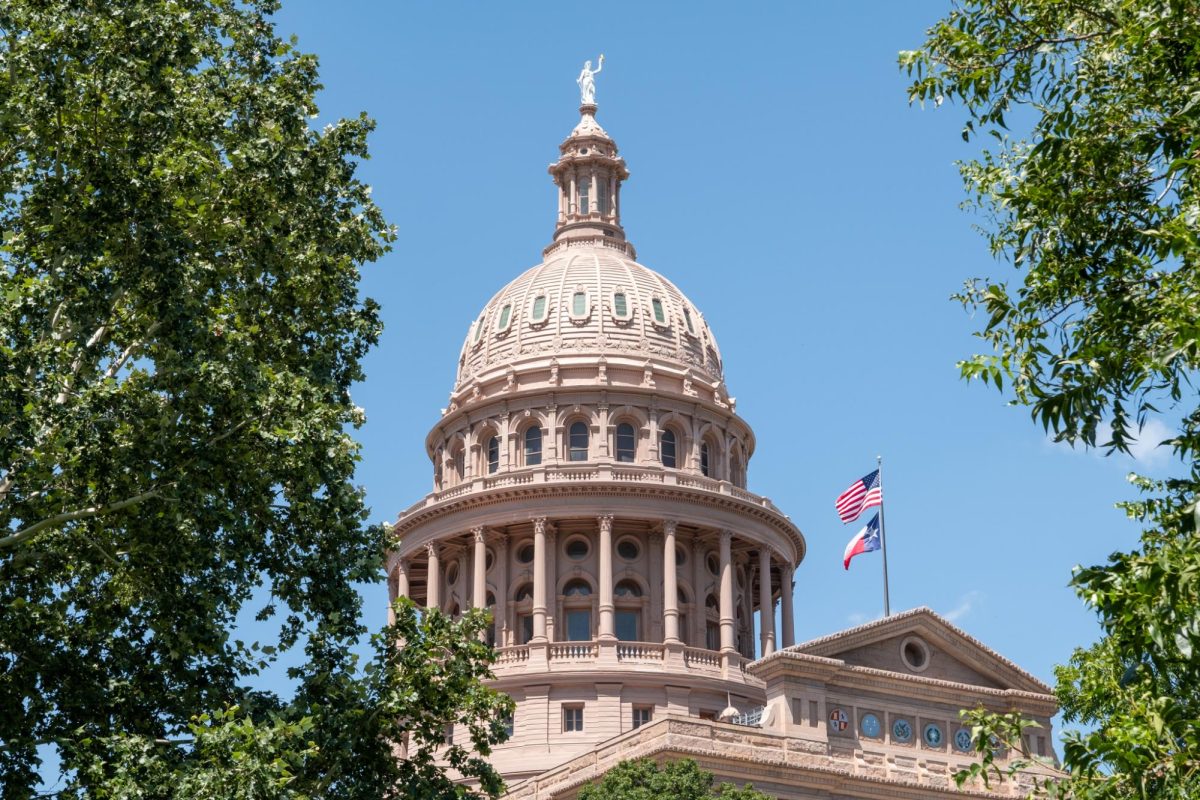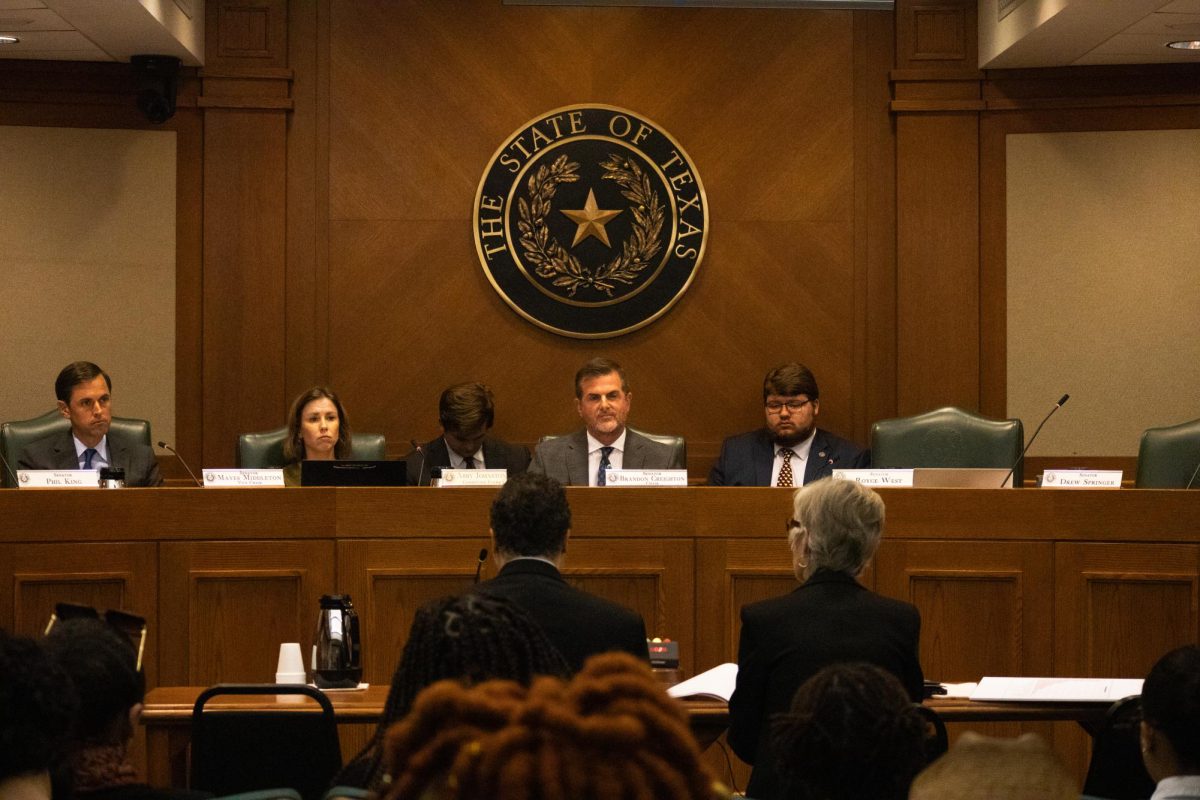A Texas federal judge blocked three-year-old guidelines from the Biden Administration aimed to extend federal anti-discrimination protections for LGBTQ+ students.
In the June 11 ruling, Judge Reed O’Connor said the Biden Administration did not have the power to implement the changes and said it’s “an agenda wholly divorced from the text, structure and contemporary context of Title IX.”
Title IX, enacted in 1972, prohibits sex-based discrimination in educational institutions.
“To allow (the Biden Administration’s) unlawful action to stand would be to functionally rewrite Title IX in a way that shockingly transforms American education and usurps a major question from Congress,” O’Connor wrote in the court order. “That is not how our democratic system functions.”
The June 11 ruling does not impact the nationwide implementation of new Title IX regulations issued by the Biden administration in April, which codify protections for LGBTQ+ students and ban discrimination based on sexual orientation and gender identity. The new regulations will be effective in all states that have not blocked the legislation on Aug. 1.
Nox, who requested to be referred to without xyr last name, was an employee at the Women’s Community Center, formerly known as the Gender & Sexuality Center, and has frequented the space since xyr freshman year. Nox uses neopronouns, which are pronouns used in addition to the most common pronouns such as ‘he,’ ‘she’ or ‘they.’ Xe said anti-DEI policies are preventing students from supporting and advocating for each other.
“We’ve lost a lot of access to community safety,” said the anthropology and humanities senior. “It’s almost like the community itself is scattered. We don’t have a physical space anymore that we can go to (and) we’re having to figure out the next steps. As students, that puts a lot of pressure on us.”
The ruling addresses guidance issued by the Biden Administration in 2021 that aimed to extend Title IX protections. Texas Attorney General Ken Paxton sued last year to block the guidance, calling it an overreach of federal authority.
The University has also undergone the removal of diversity, equity and inclusion offices and the removal of LGBTQ+ safe spaces for students due to state Senate Bill 17. Many are disheartened by the decisions to remove them and believe they are unfair.
Leland Murphy, vice president of the Queer Policy Coalition, an organization dedicated to promoting inclusivity and hosting LGBTQ+ advocacy events, said the ruling will negatively impact LGBTQ+ students since having access to anti-discriminatory practices has become less accessible this academic year. He said many state politicians completely disregard people from diverse backgrounds, making it harder for students to navigate new UT policies.
“For this judge to say that the Biden Administration doesn’t have the authority to do that when they very clearly do … it’s awful, and it’s gonna have negative consequences for students and for people who maybe have experienced discrimination and getting relief from being able to navigate (it),” said Murphy, a public affairs graduate student.
However, Nox said students are still being forced to adapt to new rules and anti-DEI procedures at UT.
“It’s already hard enough to be heard and recognized and have sanctity in the learning institution when we don’t even have an LGBTQ+ Center anymore to be together and cope,” Nox said. “. . .They’re separating us in a way where we have to work extra hard to communicate with professors and communicate with each other.”

